OET Study Plan

Many OET candidates we’ve met at Intrepid English are confident and capable speakers of English, but they lack knowledge about the exam and how to best approach it. We’ve created a sample study plan to help you organise your last month before the exam and help you get a score you’re happy with. We can help you make a study plan for more extended time periods; get in touch.
Don’t forget to download your free OET Study Planner at the bottom of the blog.
How to study for the OET exam
First of all, it’s important to set aside some time so that you can prepare. Look at your schedule and find a realistic goal for how much time you’d like to dedicate to it. Don’t tell yourself to study for one hour each day; pick a specific time during your day and do it then.
We’ve suggested some topics you may want to revise each week in our study plan, but you should consider the areas you struggle with the most and focus on those.
Reflecting on what you’ve done in the past week is essential, so you recognise all your hard work. It can also help you set goals for the following week. If you repeatedly can’t reach some goals, you may want to try a different approach or reconsider its scope.
OET Study Resources
We recommend revisiting the exam structure even if you’ve taken the test before. Go through each part and pay special attention to the skills each part tests. You can, for example, take a look at our OET Exam Preparation Course, which includes detailed information and practice for each sub-test.
Generally, the OET tests your communication skills within the healthcare environment. The listening and reading sub-tests focus on your ability to listen and read for gist, specific information and detail. The writing and speaking sub-tests are based on situations you are likely to encounter in your professional practice.
Listening and Reading
BBC Inside Health Podcast
BMJ (British Medical Journal) talk medicine Podcast
Many Things – About Health – These articles are great for practising English medical terminology and reading for gist, specific information and detail. Many of the texts also have an audio recording, so you can also practise your listening skills.
Word Formation explanation and practice – blog post
Writing
Read through example letters paying close attention to the type of information included and omitted. Practise selecting information based on the context and purpose. Remember that each letter should be unique depending on the context, so you should avoid using a template.
Use the sample test answers on the official OET website to understand what is expected of you and how it may differ from what you do in your professional practice.
How to use linking words effectively – blog post
Which tenses should I use in OET writing – blog post
Adjectives ending in -ed and -ing – blog post
Speaking
The speaking sub-test focuses on your ability to communicate effectively with patients and carers. The role-plays are candidate-led, which means that you need to take charge and structure the conversation to cover everything you need. Pay close attention to the context of the role-plays and modify your language according to the situation.
Get familiar with the exam structure by watching the OET official Youtube Channel sample speaking videos.
What is the difference between the present perfect and the simple past – blog post
Your study plan
There are a few things you should consider before making your study plan. Write them down so that you can easily refer back to them.
1. My previous OET results
2. My target OET result
3. My main strengths
4. My main weaknesses
How much time can you dedicate to preparing for the OET exam each week?
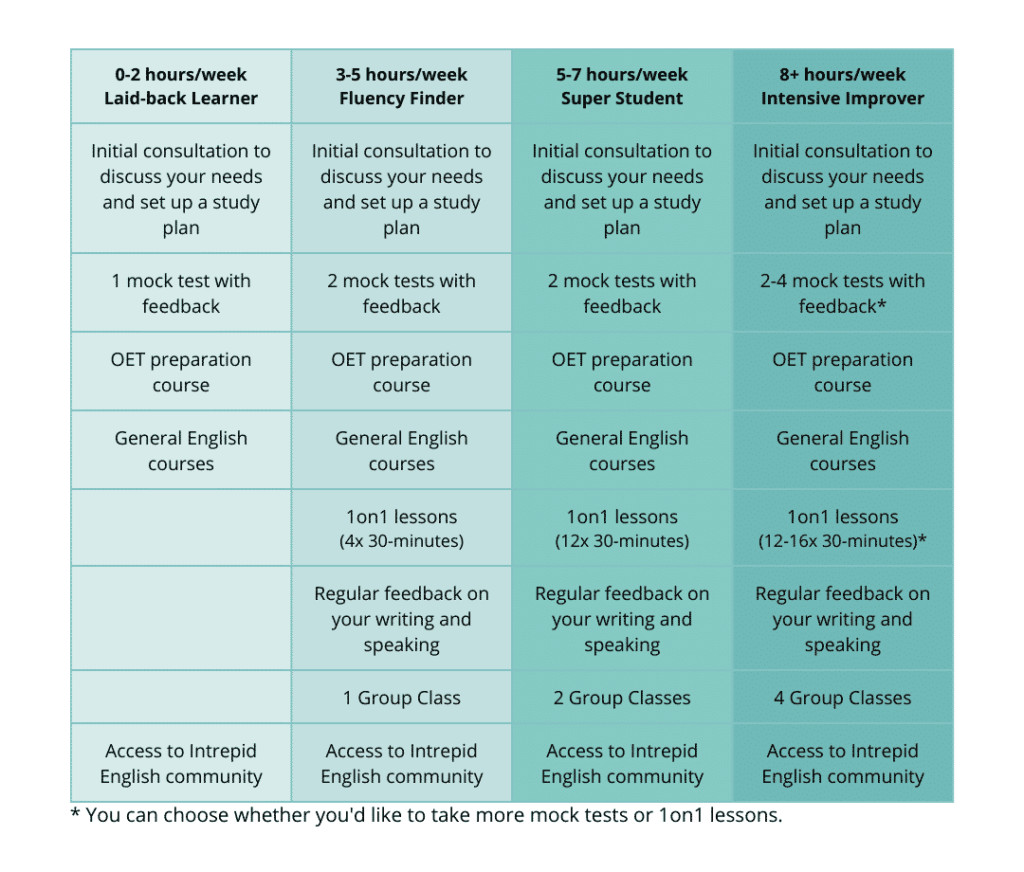
Please, take a look at our Memberships page to see pricing and more details about member benefits.
Weekly plan
To help you organise everything you need to do before taking the exam, we created a handy pdf study planner. Make sure to save or print it out.
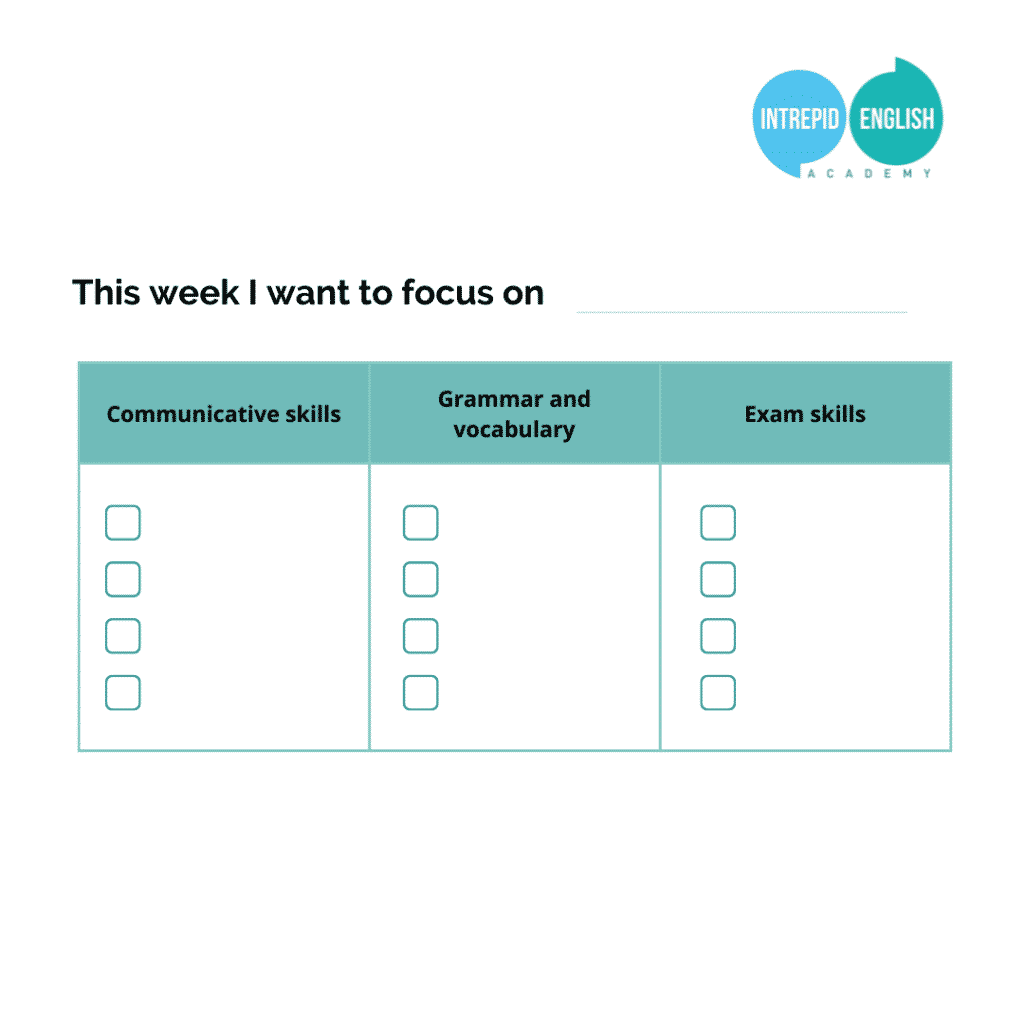
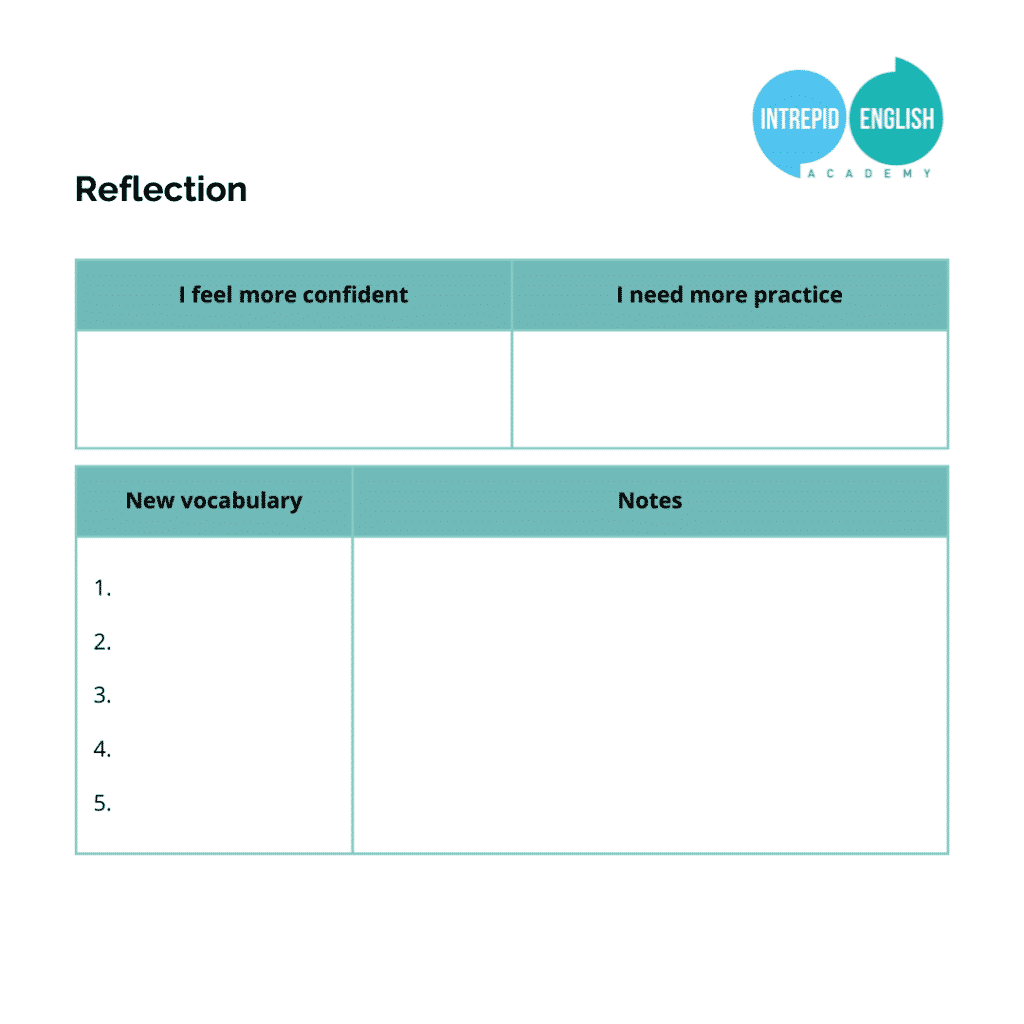
OET Preparation Course
Are you getting ready to take the Occupational English Test?
At Intrepid English, we have been working hard to bring you a new course focused on the OET exam. This course is focused on exam skills and brings you many practice activities directly from the exam.
Your success in the OET is not only about understanding the test structure and memorising it. The OET is a skills test and tests how well you can apply your English ability in healthcare.
You will be closely familiar with the test structure and skills tested by the end of this course. You will improve your vocabulary range and grammar through guided and targeted practice. You’ll learn to express your opinions and communicate effectively. You will complete writing practice for specific purposes and receive feedback.
We can help you make a study plan based on your time commitments and timeline. If you’d like to learn more about the course, please book a free consultation with Lida. We can talk more about your learning goals and needs.
Download your OET Study Planner right here.
This content was written and recorded by Intrepid English Teacher Lida.

You can find out more about Lida on her Intrepid English Teacher Profile Page.
Book a free trial lesson today to discuss this topic in more detail, and talk about your English learning goals with an experienced and friendly native English teacher.
If you have any questions, or you would like to request a topic for a future blog, you can contact us using the chatbox, send us an email, or even drop us a message on any of our social media channels.
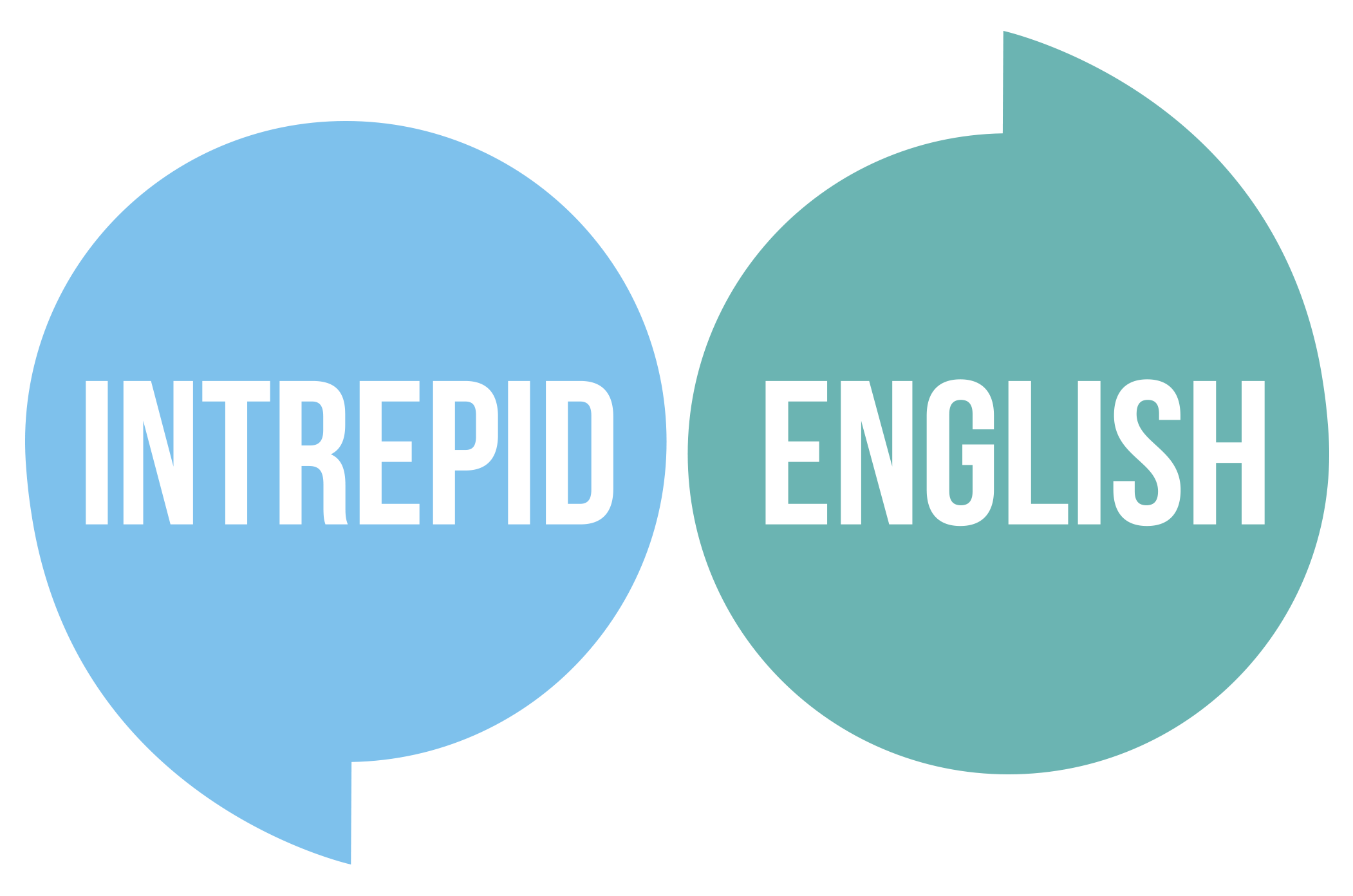

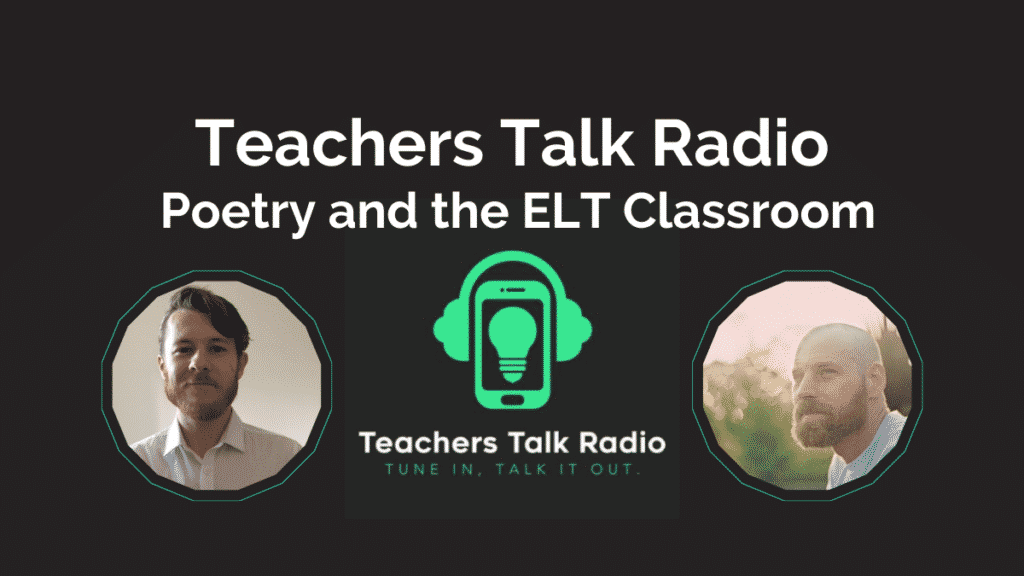


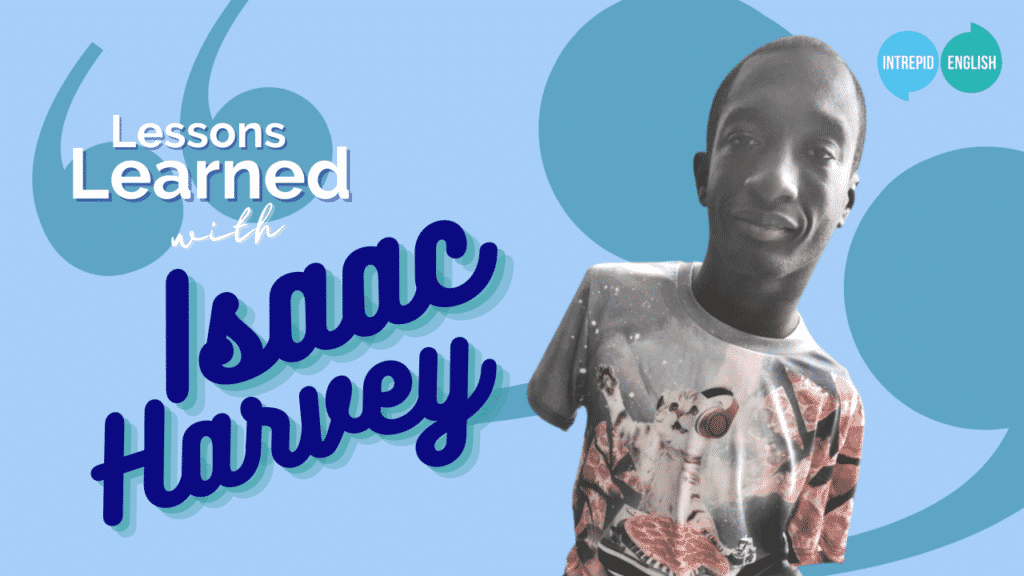

Responses